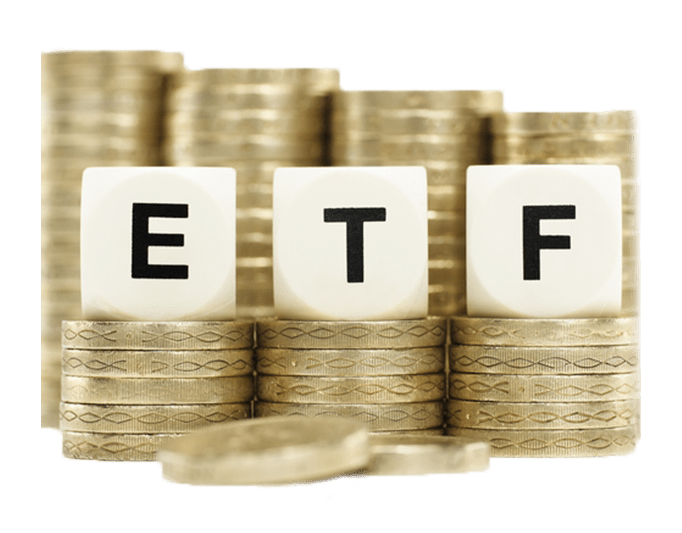Exchange Traded Fund

Exchange Traded Fund
Benefits of ETFs
Trading flexibility
Traditional open-end mutual fund shares are traded only once per day after the markets close. All trading is done with the mutual fund company that issues the shares. ETFs are bought and sold during the day when the markets are open.
Portfolio diversification and risk management
ETFs are now traded on virtually every major asset class, commodity, and currency in the world. Moreover, innovative new ETF structures embody a particular investment or trading strategy. And also able to provide an investor easy exposure in a specific desired market segment.
Lower costs
Operating expenses are incurred by all managed funds regardless of the structure. Those costs include, but are not limited to, portfolio management fees, custody costs, administrative expenses, marketing expenses, and distribution. In general, the lower the cost of investing in a fund, the higher the expected return for that fund.
Tax benefits
ETFs have 2 major tax advantages compared to mutual funds. Due to structural differences, mutual funds typically incur more capital gains taxes than ETFs. Moreover, capital gains tax on an ETF is incurred only upon the sale of the ETF by the investor, whereas mutual funds pass on capital gains taxes to investors through the life of the investment.
ETFs Partner

